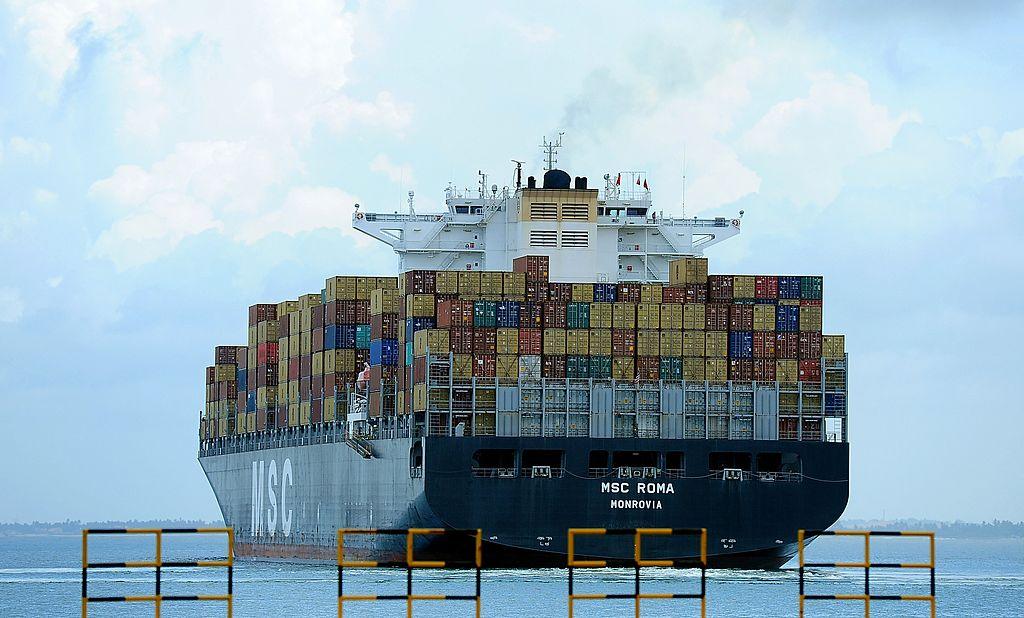An Indian company has signed a contract worth US$700 million to build a strategically important deep-water container terminal in Sri Lanka, a move considered a countermeasure to China’s growing influence in South Asia.
The Adani Group of India signed the agreement with the Sri Lanka Port Authority (SLPA) on Sept. 30 to build the terminal at the port of Colombo, the island nation’s capital.




